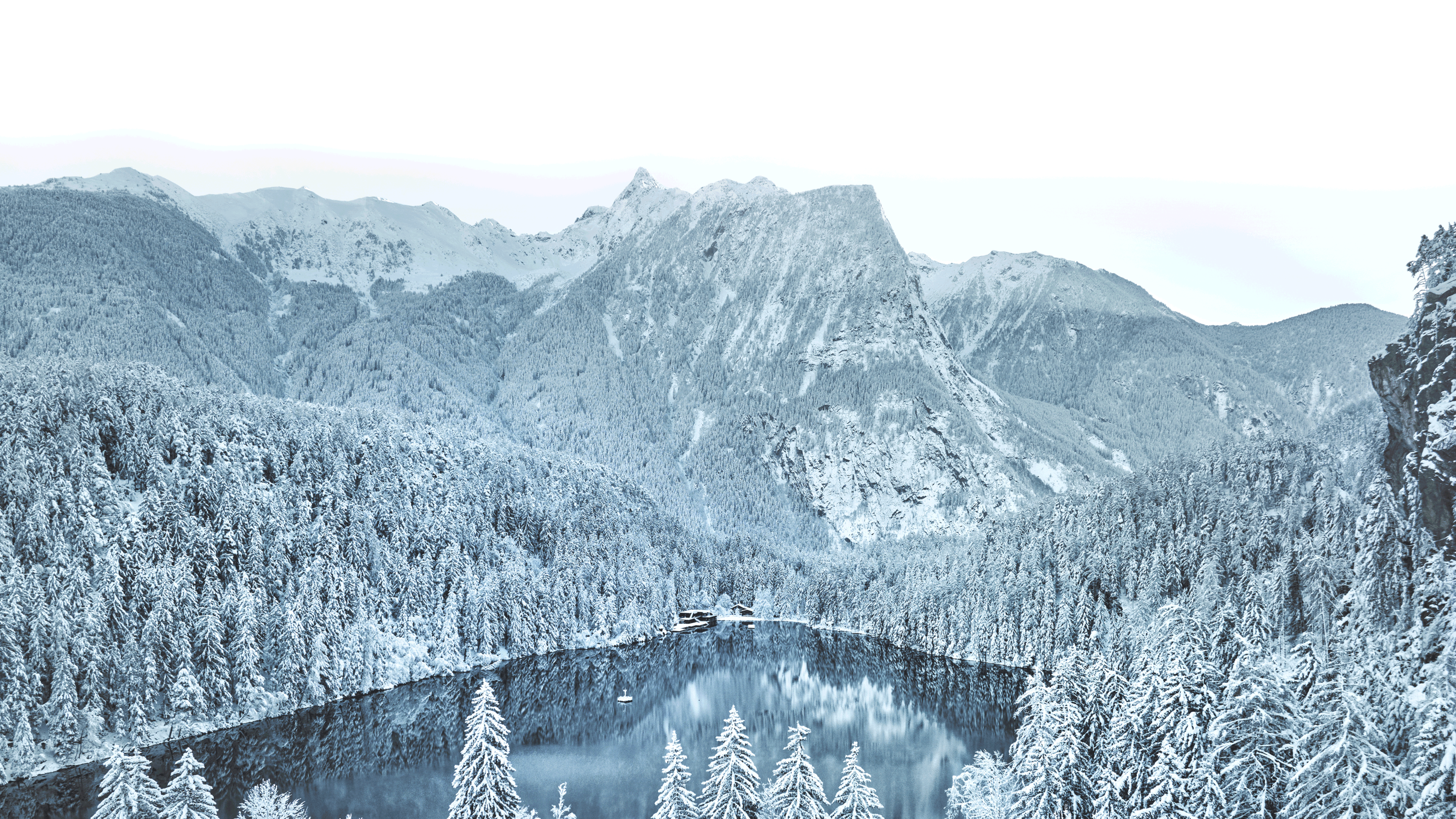Ötztal
Bewegt dich.
Bereit für dein nächstes alpines Abenteuer? Johoi! Vom Tal bis hoch auf die Gipfel erlebst du im Ötztal alles, nur keine Langeweile. Entdecke unser facettenreiches Bergsportangebot – mal beim Wandern und Biken, mal in einem der sechs Skigebiete oder bei zahlreichen anderen Outdoor-Aktivitäten. Die Bewegungsfreiheit im Ötztal ist Sommer wie Winter grenzenlos, ebenso deine Möglichkeiten. Folge deiner Lieblingsbeschäftigung nach draußen – unsere Berge geben dir Rückendeckung.


Live aus dem Ötztal
Ausflugsziele für jeden Geschmack
Damit du nicht lange überlegen musst, wohin es als nächstes geht, haben wir die besten Ausflugsziele im Ötztal thematisch für dich zusammengefasst

Gästebefragung
Hilf uns, deinen Aufenthalt im Ötztal noch besser zu gestalten! Teile uns in wenigen Minuten deine Wünsche und Anregungen mit, und mit etwas Glück gewinnst du ein besonderes Urlaubserlebnis.

Ötztal Inside & Gästekarten
Die kostenlose Vorteilswelt für deinen Aufenthalt im Ötztal inkl. digitalem Reisebegleiter, Gästekarte, exklusiven Preisvorteilen und weiteren Benefits.
Weitere Themen
Genuss, Tradition und Einkaufsmöglichkeiten – alles, was dich im Ötztal sonst noch bewegt








